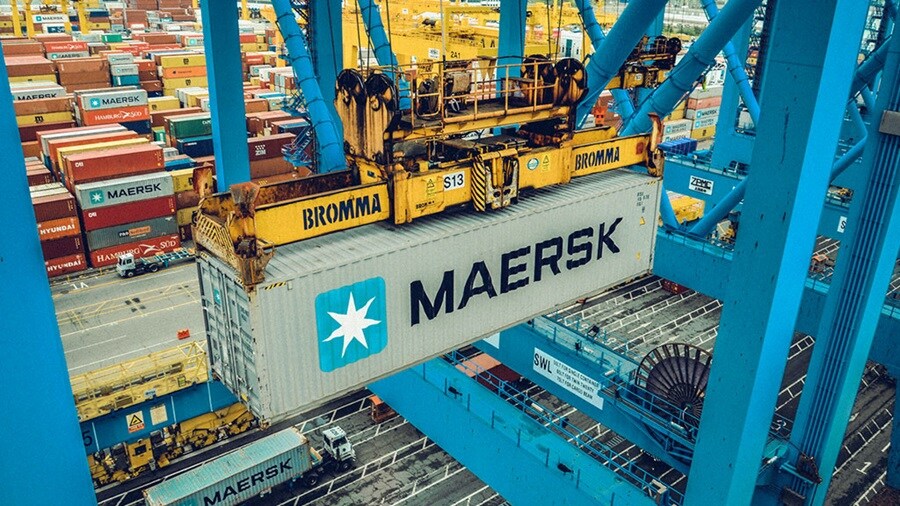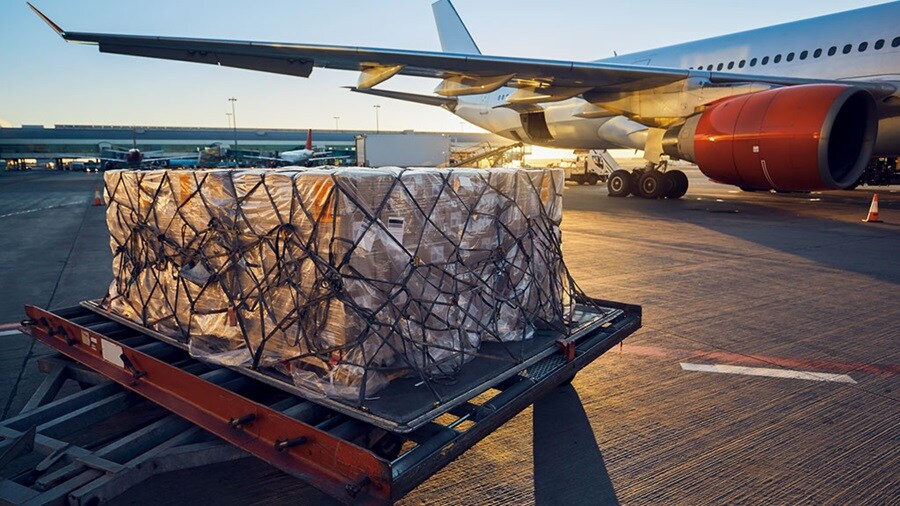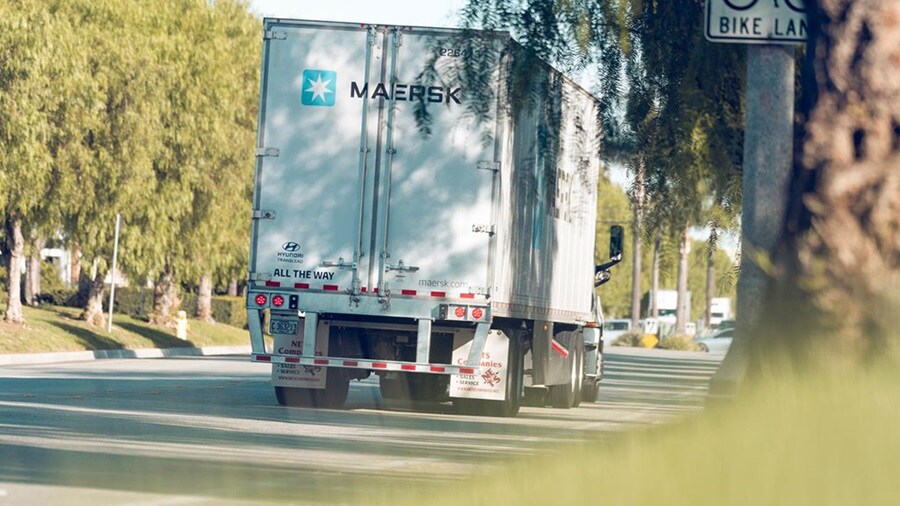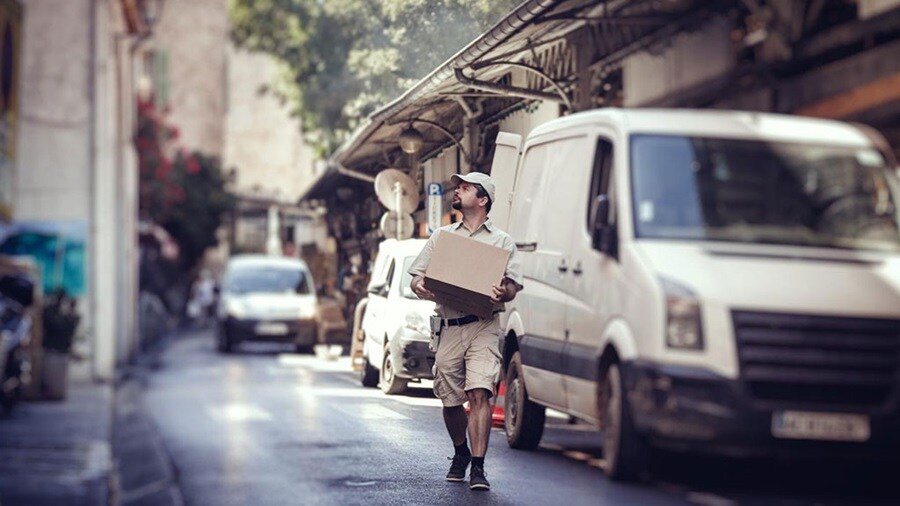Ocean and Key Ports Update
The situation around the Red Sea / Gulf of Aden continues to be closely monitored by our teams. In the interest of safety for our vessels, crew and customers’ cargo, all vessels previously due to transit the area have been diverted south around the Cape of Good Hope for the foreseeable future.
While we hope for a sustainable resolution in the near-future and do all we can to contribute towards it, we do encourage customers to prepare for complications in the area to persist and for there to be significant disruption to the global network. Our teams are on hand to support with your planning, should you need any assistance.
Stay up to date with the latest contingency measures and schedules on our dedicated tracker page. Please also click here for surcharge information for Far East Asia exports, and click here for exports from all other locations.
Elsewhere, the approaching Chinese New Year period sees the majority of factories close and workforces become limited throughout the country – having a significant impact on production and China’s overall logistics landscape. Our Chinese New Year 2024 guide tells you all you need to know for this year’s celebration and its wider impact on the world of logistics.

At Maersk’s key ports in the south of Europe, terminals are showing a stable performance with good operational outcomes. Port of Tangier saw an increase in capacity with the recent expansion that became fully operational on 1 January this year. At the same time, terminal yard in Algeciras will need to undergo repairs, resulting in a reduced yard space. Our teams are working on appropriate cargo planning to mitigate any impact to customers and maintain operational excellence in delivery.
On the north side of the continent, the holiday period and unfavourable weather conditions have led to terminal closures and navigation stoppages. Combined with the current situation in the Red Sea, this is leading to increased yard density across terminals and customers are kindly asked to pick up their units as soon as possible after discharge to support fluidity.
Winter weather conditions as well as the Red Sea contingencies are expected to affect operations across Europe and Hub terminals. Our teams continue to work on identifying contingency options to minimise the impact on our customers, while at the same time safeguarding the network integrity and cargo connections through the terminals.
Air Freight Update

To avoid longer transit times for cargo redirected around the Cape of Good Hope, Maersk teams have worked on securing Sea-Air coverage via Dubai and Salalah, which can help minimise delays in customers’ supply chains. Customers can make use of our ‘in-transit’ mode of transportation change, whereby if they have cargo on vessels calling Salalah or Jebel Ali ports, they can transfer it to a Sea-Air shipment and use air fright to reach its final destination in Europe or the US. Current challenges will also have an effect on supply chains out of Europe, where our Air-Sea offering that extends via Singapore to Asia and Australia can help get ahead of potential delays.
Please click here to find helpful information about our air freight network and our services to and from Europe.
Inland Update
In light of the situation in the Red Sea and increased number of port calls in the coming weeks, our teams are expecting to see higher yard density across terminals and therefore kindly ask customers to clear their long-standing units. This will have a ripple effect on inland transportation out of terminals, with increased demand for inland haulage and changes in ETA windows.

For customers that have booked carrier haulage with us, our teams will plan the deliveries according to the updated vessel ETAs, while customers with merchant haulage are encouraged to connect with their usual contacts to plan cargo pick-up accordingly. To help further mitigate the impact of disruptions, our teams have worked on securing additional haulage capacity to support customers who wish to replan their containers to carrier haulage. For more information, please reach out to your usual Maersk representative.
In Germany, strike action across roads and railways have led to disruptions of inland transportation. Our teams continue to monitor the situation and focus on minimising the impact on our customers’ supply chains by working closely with rail and air freight operators. Find out the latest updates on our advisory page.
Customs Update
Now in 2024, a number of new regulations have come into effect for European trade that could have an impact on your supply chain. Please click here for more information on major new changes.

This year, our experts suggest that businesses should prioritise building and implementing robust trade and customs strategies. Over 20% of pandemic-related delays were due to customs issues – emphasising just how important leveraging data across complex supply chains can be.
Regulatory changes, like CBAM in the EU, including other ESG-related legal frameworks, will force compliance demands and a heightened focus on governance model and digitisation to enable standardisation, proactivity and financial control. As such, there will be a significant need for enhanced data availability, traceability and visibility. Invest in your trade and customs strategies to transform challenges into a competitive edge and find new business opportunities. Please reach out to our team of customs experts to find out more.
Ecommerce Update
Christmas shopping period tends to be one of the busiest times for ecommerce businesses – this year, however, retailers across the United Kingdom and Germany reported weak consumer spend and a sluggish sales growth. Other European countries followed suit, with majority seeing a decrease in average consumer spend compared to the previous year.

As a way to reduce costs, while at the same time increasing success rate of deliveries, ecommerce businesses are increasingly offering PUDO (pick-up drop-off) deliveries, resulting in a faster growth of PUDO deliveries than home deliveries in the European market. To make PUDO deliveries a viable proposition, a network should have at least 1 PUDO point per 10000 inhabitants. In Europe, majority of countries have exceeded this number, with Poland leading the way with almost 40 PUDO points per 10000 inhabitants.
The downside is that in many cases, the network of locations is fragmented and a single carrier may not be able to reach the required density, resulting in an inconsistent distance that the end consumer has to travel to pick up their parcel, in turn decreasing the usage of PUDO locations.
Find out how Maersk’s eDelivery solution combines different local carriers to help ecommerce businesses expand their PUDO location coverage.
Useful Links
To sign up for the Maersk Europe customer newsletter, click here and update your preferences when prompted via email.
Check the latest Maersk North America market update.
Check the latest Maersk Latin America market update.
无论您需要什么,我们都可以随时为您提供帮助
I agree to receive logistics related news and marketing updates by email, phone, messaging services (e.g. WhatsApp) and other digital platforms, including but not limited to social media (e.g., LinkedIn) from A. P. Moller-Maersk and its affiliated companies (see latest company overview). I understand that I can opt out of such Maersk communications at any time by clicking the unsubscribe link. To see how we use your personal data, please read our Privacy Notification.
By completing this form, you confirm that you agree to the use of your personal data by Maersk as described in our Privacy Notification.
